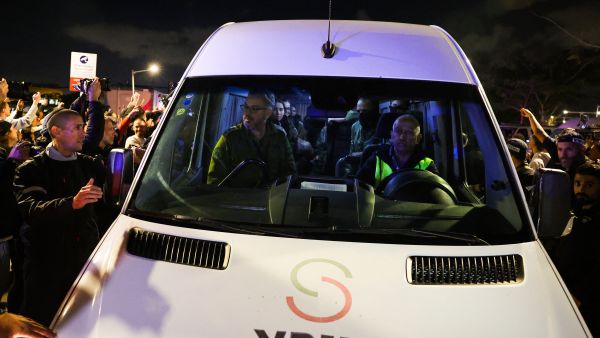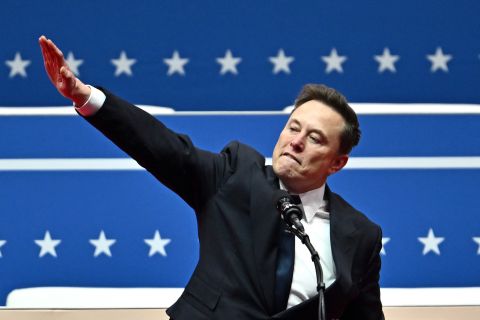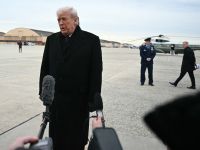ALBAWABA - The need for stability has been emphasized by U.S. President Donald Trump, who has threatened severe consequences if the ceasefire deal in Gaza is not upheld.
Speaking at the White House, Trump emphasized the role his government played in the discussions and commended Steve Witkoff, his Middle East envoy, for helping to broker the deal. He said strong U.S. leadership was needed to achieve the truce.
Benjamin Netanyahu, the prime minister of Israel, reiterated the government's determination to ensure the repatriation of all prisoners from Gaza. Netanyahu pledged to keep up his efforts in a virtual conference with the relatives of three prisoners who were just freed in the first round of the prisoner swap. Families of the prisoners called for quick action, highlighting the emotional and national importance of their homecoming.
Hundreds of Israelis demonstrated outside Tel Aviv's Defense Ministry, calling for the prisoner swap agreement to be implemented immediately. Concerns over court changes led by Justice Minister Yariv Levin were also raised by protesters, who said they jeopardize judicial independence. According to an Israel Today study, 70% of Israelis are in favor of finalizing the exchange agreement, and many attribute its success to Trump.
Espen Barth Eide, the foreign minister of Norway, praised the truce and called it a crucial step in the direction of a two-state solution. Ayman Safadi, the foreign minister of Jordan, stressed Jordan's readiness to work with the United States for regional peace while pleading with the international community to alleviate Gaza's humanitarian situation.
Hamas said that, in accordance with the ceasefire conditions, displaced people in Gaza will once again be able to travel freely between the northern and southern areas as of Saturday. The first phase of the agreement calls for Israel to free 180 Palestinian inmates, including 30 who are serving life sentences. About 2,000 inmates will be released over the course of 42 days, according to the larger arrangement.










